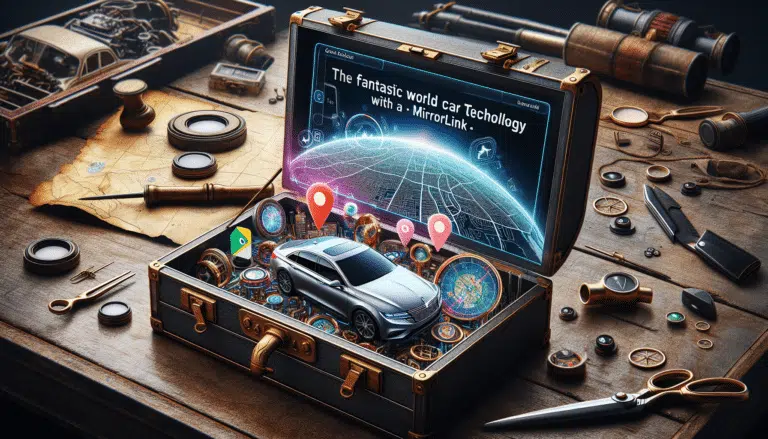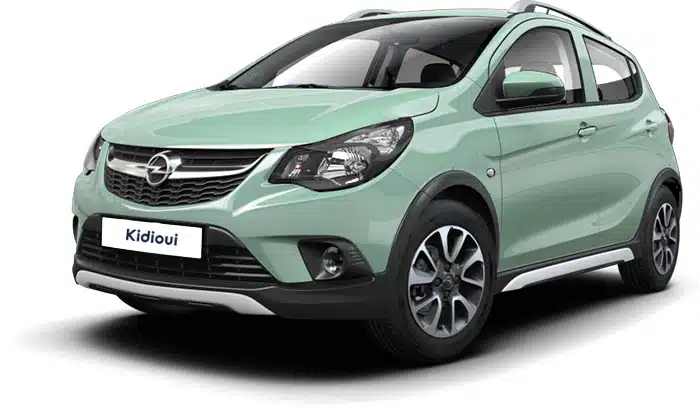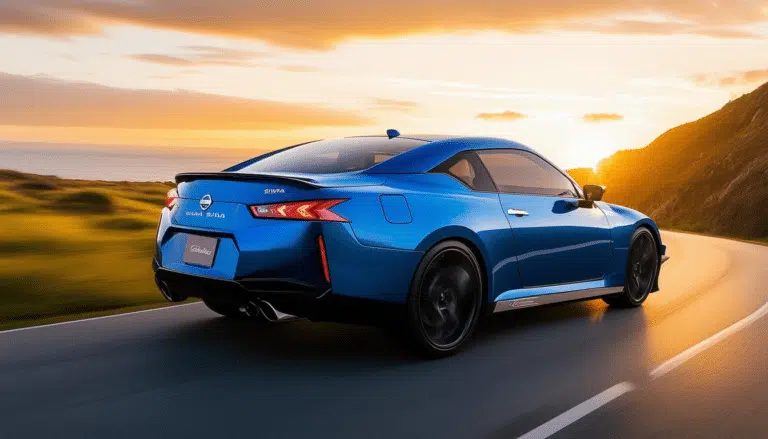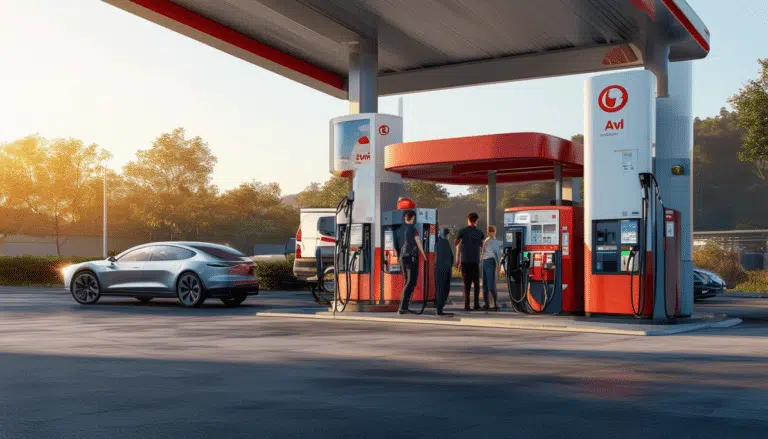Savings on fuel: myths and realities
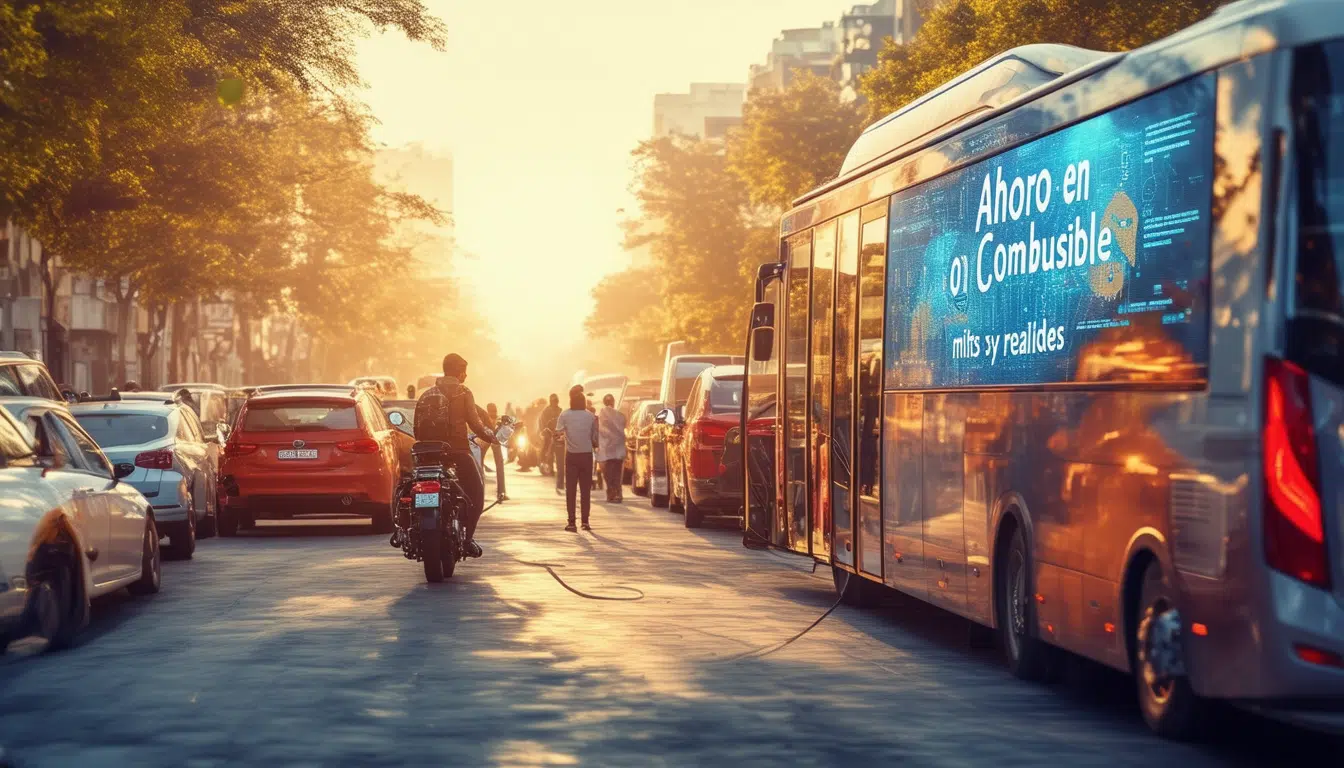
The fuel savings is a topic that has generated numerous beliefs and myths over time. Misinformation can lead drivers to adopt practices that, instead of optimizing gasoline consumption, can be counterproductive. In this context, it is essential to demystify the realities behind these beliefs and provide clear and accurate information that allows vehicle users to improve their fuel efficiency and contribute to environmental sustainability.
Fuel savings is a topic that generates multiple opinions and misconceptions among drivers. There are myths that, although popular, are not based on real facts and can lead to unnecessary fuel expenditure. This article addresses some of the most common aspects of fuel savings, demystifying what is true and what is not, to provide clear and effective information.
Is it good to always drive in the highest gear?
One of the most persistent myths is that we should always drive in the highest gear to save fuel. However, this is not correct. Although shifting to a higher gear can reduce engine revolutions, if done excessively, it can lead to increased consumption. The proper gear depends on the driving conditions and the weight of the vehicle, so it is crucial to find a balance.
Open windows or air conditioning: which is the best option?
Another common myth is that rolling down the windows is more efficient than using air conditioning. While it is true that air conditioning consumes fuel, driving with the windows open can negatively affect the aerodynamics of the vehicle, increasing drag, which can result in higher consumption. Therefore, this choice depends on the speed at which one is traveling. At low speeds, opening the windows may be advantageous, but at high speeds, it is better to use the air conditioning.
Filling the tank in the morning: is it really more economical?
A myth that has spread is that filling the tank in the morning, when temperatures are cooler, allows one to get more fuel for the same price. The reality is that fuel tanks are designed to compensate for temperature variations, and although the density of fuel changes, the differences are minimal. Therefore, this method does not yield significant savings.
Fuel-saving devices: reality or scam?
The market is full of devices that promise to help drivers reduce fuel consumption. However, many of these products lack scientific evidence to support their claims. Research has shown that most of these devices do not produce real results. The best way to save fuel remains through efficient driving practices and proper vehicle maintenance.
The impact of maintenance on fuel savings
Proper vehicle maintenance is crucial to ensure its efficiency. Factors such as correct tire pressure, cleaning air filters, and a well-tuned engine can significantly influence fuel savings. Ignoring these aspects can lead to increased consumption, underscoring the importance of keeping the vehicle in optimal condition.
Strategies to reduce fuel consumption
To optimize fuel consumption, it is advisable to adopt certain driving practices. Maintaining steady speeds, avoiding abrupt accelerations, and using the brakes appropriately can contribute to more efficient driving. Additionally, route planning to avoid traffic and congestion is also key to reducing fuel expenditure.
The importance of energy efficiency
Energy efficiency is not only essential for individual drivers, but it also has repercussions on the environment. Reducing fuel consumption means lowering emissions and contributing to the fight against climate change. Initiatives such as promoting cycling as a sustainable alternative here are examples of how effective solutions can be implemented for everyone.
Conclusion
In summary, understanding the myths and realities about fuel savings is crucial for improving efficiency and reducing costs. By adopting effective driving habits and performing proper vehicle maintenance, one can enjoy significant savings on fuel.
For more information on fuel savings, it is interesting to explore expert tips and learn more about the technologies that contribute to this goal.
The search for greater efficiency in fuel consumption has led to the proliferation of numerous myths that can misinform and, at times, hinder our driving practices. Despite popular beliefs, many of these misconceptions do not hold up when objectively analyzing energy efficiency and the operational dynamics of vehicles.
A common example is the idea that always driving in the highest gear helps to save fuel. However, this practice can be counterproductive, as keeping an engine in an inadequate rev range can increase gasoline consumption. It is crucial to balance gear usage to optimize engine performance and, therefore, fuel savings.
Another widespread myth is that rolling down the windows economizes fuel compared to using the air conditioning. Although this idea may seem logical, in reality, the aerodynamics of the vehicle is negatively affected when driving with the windows open, which may end up consuming more fuel. The choice between open windows and air conditioning should be evaluated considering speed and driving conditions.
Furthermore, some believe that filling the tank when temperatures are cooler can result in an increase in acquired fuel. This myth is unfounded, as the amount of fuel obtained is not significantly affected by temperature. Planning and proper vehicle maintenance are more effective practices for reducing fuel costs in the long term.
Therefore, it is vital to demystify these erroneous beliefs and promote an evidence-based approach to truly maximize fuel savings. Understanding the reality behind the myths will allow us to adopt more effective and responsible driving habits.


